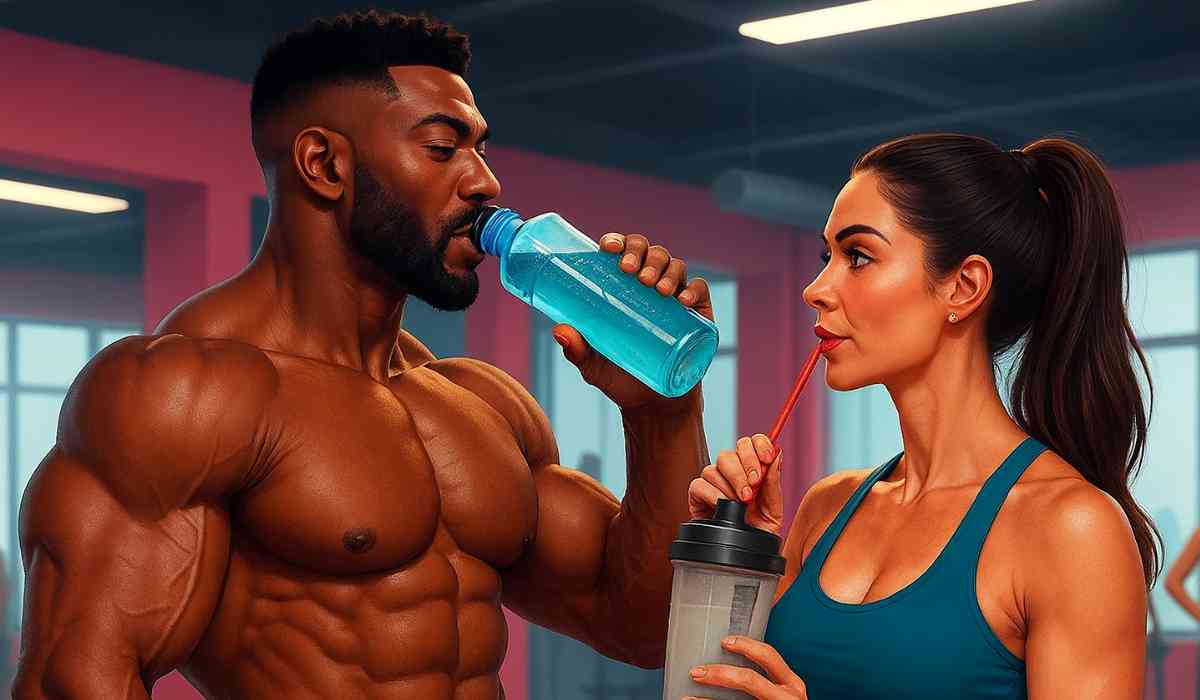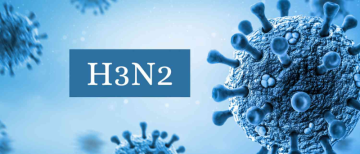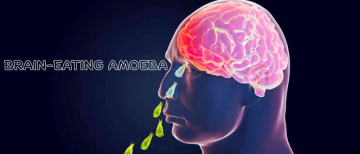Before you start exercising, your body needs fuel to perform at its best. The food you eat before a workout affects your energy levels, strength, endurance, and recovery. Without the right nutrients, you may feel tired, weak, or unable to push yourself fully during training. A well-planned pre-workout meal helps replenish your energy stores and provides the building blocks your muscles need to grow and repair.
What Happens in Your Body When You Eat Before a Workout

When you eat, your body breaks down food into nutrients. Carbohydrates become glucose, which is stored as glycogen in muscles and the liver. During exercise, your muscles use this glycogen for energy. Protein provides amino acids that help protect muscles from damage and support recovery. Fats offer a slower-burning energy source, especially useful for longer or moderate-intensity workouts. Eating before exercise ensures these nutrients are ready to be used, improving your performance and reducing muscle breakdown.
The Role of Carbohydrates in Pre-Workout Nutrition
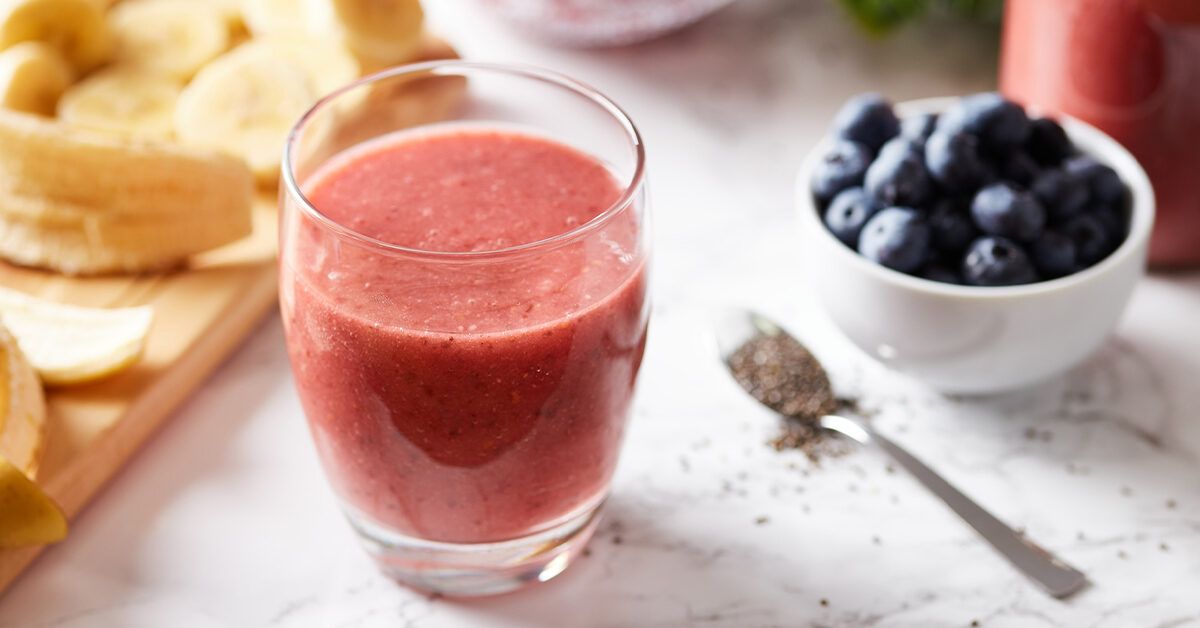
Carbohydrates are the main fuel for your muscles during most types of exercise. Eating carbs before a workout helps maintain blood sugar levels and keeps your glycogen stores full. This means you can train harder and longer without feeling fatigued. Complex carbohydrates like oats, brown rice, and sweet potatoes release energy slowly, providing steady fuel. Simple carbohydrates such as fruits and honey digest quickly and are useful if you eat closer to your workout time.
Why Protein Matters Before Exercise

Protein is essential for muscle health. Eating protein before working out supplies your body with amino acids that help prevent muscle breakdown during exercise. It also supports muscle repair and growth after your session. Aim to include 20 to 30 grams of protein in your pre-workout meal. Good sources include lean meats, eggs, dairy, and plant-based options like beans and tofu.
The Importance of Healthy Fats in Your Pre-Workout Meal

Healthy fats provide sustained energy, especially for longer workouts. They also help keep you full and satisfied. However, fats digest slowly, so eating too much fat right before exercise can cause discomfort or sluggishness. Include moderate amounts of healthy fats such as avocado, nuts, seeds, or olive oil in your meal if you have enough time to digest before training.
When to Eat Your Pre-Workout Meal
_1750223094.png)
Timing your meal is key to getting the most benefit. Ideally, eat a balanced meal containing carbs, protein, and some fat about 2 to 4 hours before your workout. This allows your body to digest and absorb nutrients properly. If you don’t have that much time, a smaller snack with mostly carbs and some protein 30 to 60 minutes before exercise can still help boost your energy.
Examples of Balanced Pre-Workout Meals
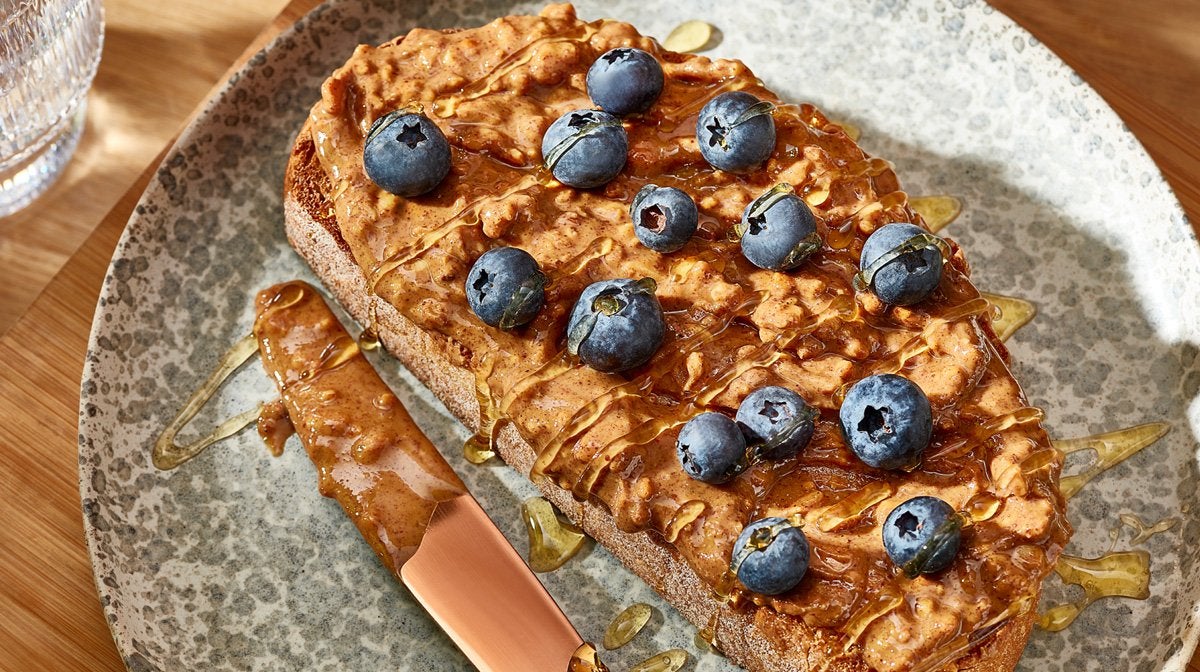
A good pre-workout meal might include grilled chicken with brown rice and vegetables, a quinoa salad with chickpeas and olive oil, or whole-grain pasta with lean meat and spinach. If you’re short on time, try a banana with peanut butter, rice cakes with cottage cheese, or a protein smoothie with fruit.
How to Adjust Your Pre-Workout Meal Based on Your Goals
_1750223203.png)
Your fitness goals affect what you should eat before exercise. If your goal is muscle gain, focus on meals rich in protein and carbs to fuel workouts and support muscle growth. For fat loss, keep your meal lighter but still include enough protein and moderate carbs to maintain energy and muscle. Endurance athletes should emphasize carbohydrates to sustain long periods of activity.
Common Mistakes to Avoid Before Working Out
_1750223265.png)
Avoid eating large, heavy meals right before exercise because they can cause stomach upset and sluggishness. Also, steer clear of foods high in fat or fiber close to your workout, as they slow digestion. Skipping your pre-workout meal altogether can lead to low energy and poor performance. Lastly, don’t forget to hydrate well before and during your workout.
Simple Pre-Workout Snack Ideas
_1750223333.png)
If you only have a short time before training, choose easy-to-digest snacks like a banana, apple slices with almond butter, a small protein shake, or rice cakes with nut butter. These provide quick energy without weighing you down.
Hydration: The Essential Part of Pre-Workout Preparation
_1750223477.png)
Water is vital for exercise performance. Dehydration can reduce your strength, endurance, and focus. Drink water steadily before and during your workout to stay hydrated and support your body’s needs.
How Supplements Can Support Your Pre-Workout Nutrition
_1750223569.png)
While whole foods are best, some supplements can enhance your workout. Creatine helps increase strength and power when taken regularly. Caffeine boosts alertness and endurance. Branched-chain amino acids (BCAAs) may reduce muscle soreness and support recovery, especially if you train on an empty stomach. Always talk to a healthcare professional before adding supplements.
Listening to Your Body and Experimenting

Everyone’s digestion and energy needs are different. Try different foods and timing to see what makes you feel best during your workouts. Some people prefer a full meal hours before training; others do better with a light snack closer to exercise. Pay attention to how your body reacts and adjust accordingly.
Fuel Your Workout for Success
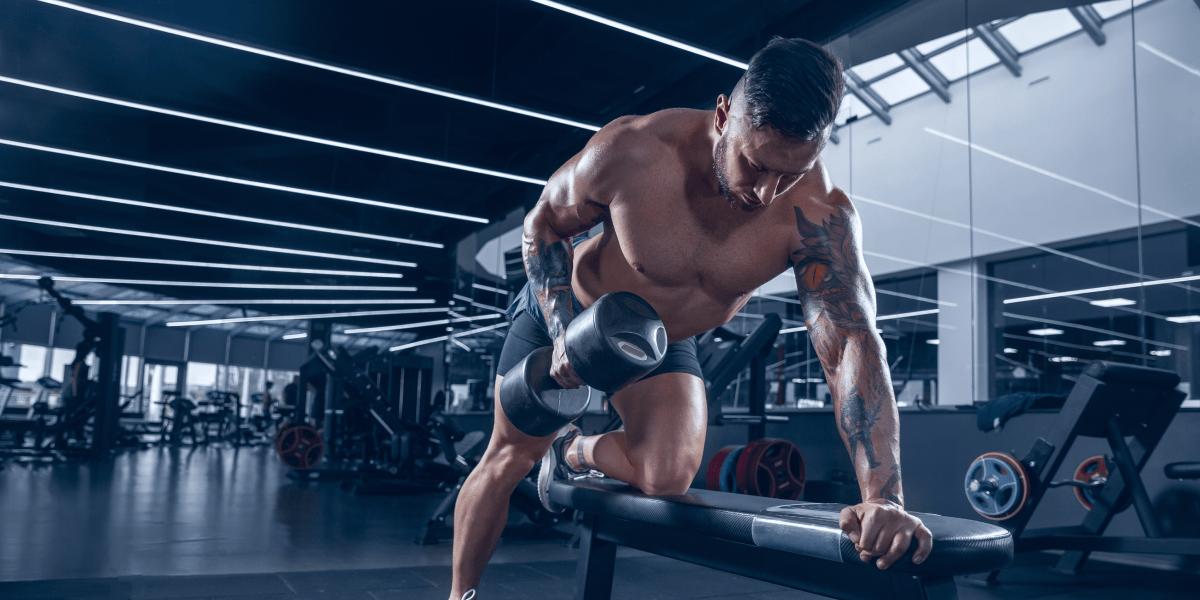
The perfect pre-workout meal gives your body the energy and nutrients it needs to perform well and recover quickly. Focus on a balance of carbohydrates, protein, and healthy fats, and time your meal to fit your schedule and goals. With the right nutrition, you’ll feel stronger, last longer, and reach your fitness goals faster. Remember, fueling smart is the key to training hard.
With inputs from agencies
Image Source: Multiple agencies
© Copyright 2025. All Rights Reserved Powered by Vygr Media.

